On Tuesday, October 11th, the Giants hired Pete Putila as their new General Manager, filling a hole in the front office ahead of an offseason that could be the Giants’ most significant one in years. Putila hailed from the Houston Astros as their assistant General Manager, a team that has consistently been a leader in the AL West, and also a team that has led the Majors in controversy.
On the face of it, Putila seems like he was outside of the majority of these controversies. The biggest, the Astros cheating scandal, did not involve him. Major League Baseball has confirmed that he was never part of the investigating, and his role of Director of Player Development, basically running the minors, at the time was well outside of the decisions made by the big league players, manager, and the team’s then-general manger Jeff Luhnow. Putila was in that same role when the Astros traded for accused domestic abuser Roberto Osuna, and would eventually take the job of Assistant G.M. from the fired Brandon Taubman, who taunted several female reporters when Osuna was initially successful. As the D.P.D., Putila likely was not involved in the work for that trade.
Putila was hugely popular in Houston, and for most of his career up to and including Assistant General Manager, he had the reputation of building the organization’s minor league system.
But there’s another black eye on baseball that the Astros have been connected to that has gone under the radar of most fans, and perhaps it might hint at some things Giants fans should expect from Putila.
“The Houston Plan”
In 2019, not long before Putila’s promotion to Assistant G.M., it was discovered that MLB planned to renegotiate the agreement between the Majors and Minor League Baseball, threatening to eliminate over 40 teams and an entire level from the minors. When it came out, there was a huge outcry against it, and a big fight was expected in 2020, before the agreement would end at the end of the season.
And then the pandemic happened.
The minor league season was cancelled, understandably. Teams who often operate with a tiny profit margin lost all their income. The fight was taken out of them. Ultimately, MLB didn’t negotiate with the business known as Minor League Baseball. They chose not to, and essentially went straight to the struggling teams to make agreements, and literally restructured the minors themselves, without the owners having a collective group to represent themselves. MLB got everything they wanted, and the Short-A level of baseball was eliminated. Many were upset, but there was nothing to do.
What does this have to do with Putila?
The plan by MLB to reduce the minors was called “The Houston Plan”, led by Putila’s boss Jeff Luhnow. That push was also led by the Milwaukee Brewers, led by G.M. David Stearns (a former Houston Assistant G.M. under Luhnow), and the Baltimore Orioles, led by G.M. Mike Elias, a former Houston Assistant G.M. under Luhnow. Putila served (briefly) as an Assistant G.M. under Luhnow, but was a big part of Luhnow’s organization for years.
The point of the Houston Plan was the cut the minors to save money. It featured many sides to this, including placing limits on the number of players each team could have under contract, although the argument was then it would focus more resources on the remaining prospects. As this plan came to fruition, the Astros cut the number of minor league teams they had in 2018, cutting one rookie level team and one team in the DSL, going from two to one at each level. That was done under Putila’s watch. The Astros would go back to two teams at each level in 2022, however, as some of the sides of the Houston Plan had been pushed back against by other teams, and those limits did not come to fruition.
Unlike the other Houston scandals, the strategy behind this likely involved Putila at some level, perhaps even to the level of being one of the brainstormers behind it.
The Impact on the Giants
Should Giants fans be concerned? Well, as far as scandals go, this isn’t a criminal or fireable sort of offense. It was hugely unpopular and debatable, but not on the level of hiring accused abusers or cheating.
But ever since Farhan Zaidi took over as President of Baseball Operations, many fans have noted, unfairly or not, that Zaidi has yet to dish out any large contracts. The Giants remain among the top spenders in baseball, but mostly due to inherited long-term contracts…but as they have expired, no new ones have been signed. Though Zaidi did publicly pursue Bryce Harper, they also reportedly never even offered a contract to star pitcher Kevin Gausman in his free agency season, after the Giants’ record 2021 season.
Combining Zaidi’s debatable reputation for not spending big money on free agents with an architect of cost-saving minor leagues, is not going to excite many fans.
Before Putila, the Giants have spent a lot of money recently in the minors. They have built entirely new complexes in both Arizona and the Dominican Republic. In 2020, they were planning to offer housing to players at Low-A Augusta and housing stipends on top of salary to players at other levels, long before MLB finally being mandated that. While results have not been ideal, the Giants were putting their money where their mouth was in terms of taking care of their minor leaguers.
And while the Astros were contracting their own minor league system, the Giants expanded theirs, expanding from one Arizona rookie level team to two in 2018, and expanding from one Dominican team to two in 2021.
It’s fair to ask what Pete Putila will do to this farm system as he takes over. As General Manger, his duties will be far more Major League-oriented, but most Giants observers feel that making over the farm system will be one of his priorities. Will he bring cost-savings measures to the farm system? Will he push to reduce the players the Giants have, or sign, or even the teams the farm system has? Or was he not one of the supporters of that plan in Houston, and following the orders of G.M. Jeff Luhnow?
Was The Houston Plan Wrong?
There is also still a question of…was it right to reduce the minor leagues? There are voices who say that if they designed a player development system from scratch, it would look nothing like minor league baseball. Many of the objections to The Houston Plan was how it would hurt baseball’s reach and impact, especially as wide swaths of the country lost the chance to see live, affiliated baseball. And MLB fell far short of supplying every community with new baseball opportunities, as they had “promised”. But even those who hated the move, including this writer, will admit that there’s some bloat in the system that can be streamlined or adjusted.
The biggest objections to what MLB was planning for the minor leagues were more moral, ethical, and had to do with topics that weren’t necessarily about player development.
One of the big focuses was on the loss of jobs that would happen from The Houston Plan, by cutting 42 teams from the minors. MLB claimed they would put baseball in each of the cities that were cut (they didn’t), and some of the replacements, like the MLB Draft League, are shadows of what used to exist in those cities. “A” job is not the same thing as a full-season affiliated team job.
There’s also the topic of how baseball completely abandoned affiliated ball from entire swaths of the country. Much of the mountainous region covered by the Pioneer League, which was founded in 1939, lost its entire affiliation, though the league lives on as an independent league. But now Idaho, Montana, Colorado, and Wyoming have lost their affiliated minor league teams, and Utah has just one left: the Triple-A Salt Lake Bees. There was a lot of debate about how it looked for MLB and MiLB to abandon areas of the country when they were fighting for attention in a competitive world.
There’s also one big ethical flip-flop, which extends past Putila’s possible role, is that MLB threatened Congress and the country that minor league teams would get closed down if they didn’t get a minimum wage exemption passed by Congress, called the Save America’s Pastime Act. It was eventually folded into the 2018 Omnibus Spending Bill and passed as a part of it. So baseball got what they wanted, and two years later, baseball was cutting minor league teams anyway.
Those decisions were made by MLB and the owners at large, far out of any influence of Putila, so those factors should not reflect on the new Giants General Manager.
It should be noted, in all fairness, that while Putila was probably a part of these cost-saving farm systems in Houston, he was unarguably successful in developing players with them. Both the Astro’s World Series run, and the current playoff run, are significantly fueled by homegrown prospects, and Putila openly has been given his due for his part in that. His farm system even gave the Fresno Grizzlies, a former Giants Triple-A affiliate, the Triple-A championship in 2015. As a Giants affiliate, the Grizzlies made the playoffs just once in 17 seasons, and never won a championship.
And for many, the ends may justify whatever means come. And that’s a fair opinion to have.
What’s Next In The Front Office
Right now, however, the first domino to drop may have to do with the current Director of Player Development on the Giants: Kyle Haines.
Haines is a Giants mainstay. The Giants drafted him in the 31st round of the 2004 draft, and he played with the Giants through 2009 before going to the independent leagues, ending his playing career in 2013. Haines managed in Short-A for 2015 and 2016 before managing the Double-A Flying Squirrels in 2017, and earning a promotion to Assistant Directory of Player Development. Under Zaidi, he was promoted to the main D.P.D. role in 2019. Haines is popular and gregarious, and clearly has the experience as both a player and a manager when it comes to understanding how to develop players.
While the farm system has generally risen in terms of quality under Haines, 2022 featured a few disappointments in performance, especially from top prospects like Heliot Ramos, who could not prove himself in Triple-A and earn a permanent spot in the big leagues, and Luis Matos, who spent much of 2022 struggling after rocketing to the top couple of spots in farm system rankings.
It’s easy to see those struggles as being at least partially on the “Development” side of things, underneath Haines. The possibility of him being replaced was real as the season ended. Now, with a new Assistant G.M. who might be remaking the minors, my eyes will be on the D.P.D. role, and seeing whether Haines is kept on, or if Putila finds his own hire for the spot.
These questions will make watching the Giants farm system very interesting the next two years, to see if Putila shakes up the system, or if his changes are more subtle and unseen by most fans, and through whatever happens, if he can change the direction of the farm system.
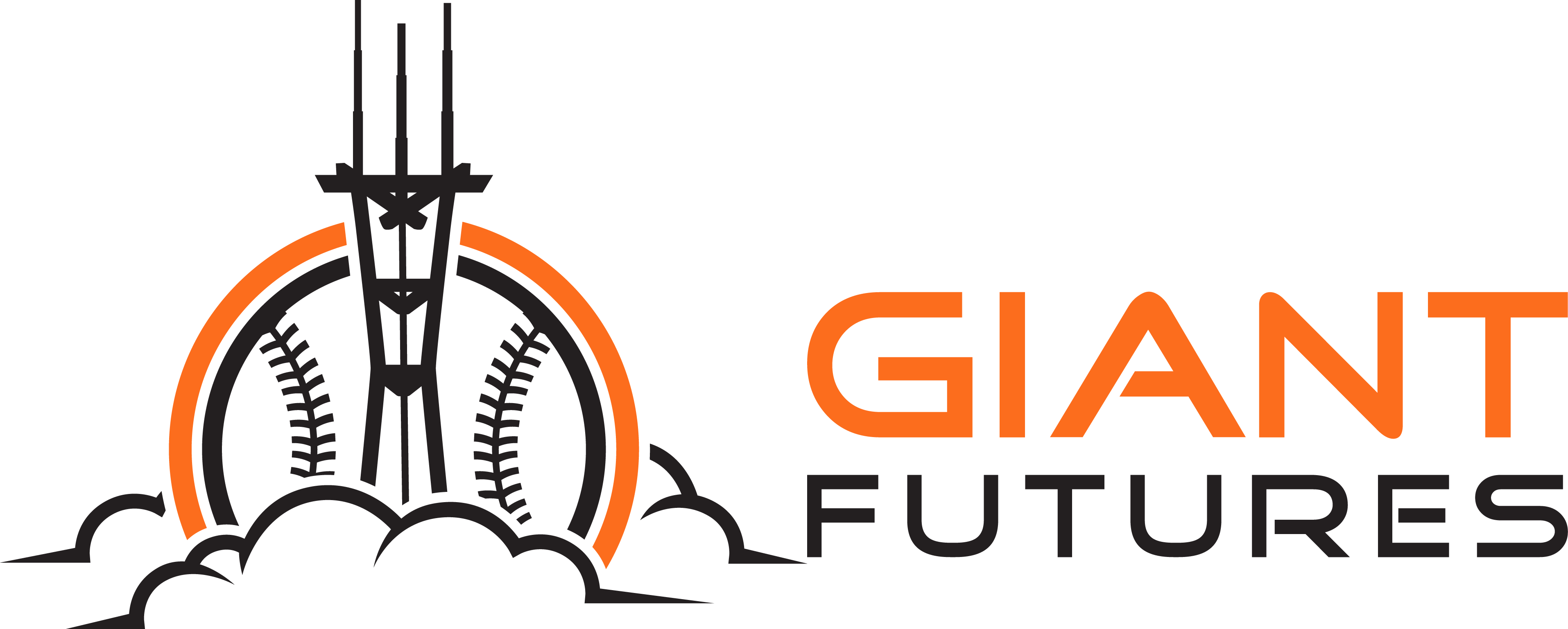
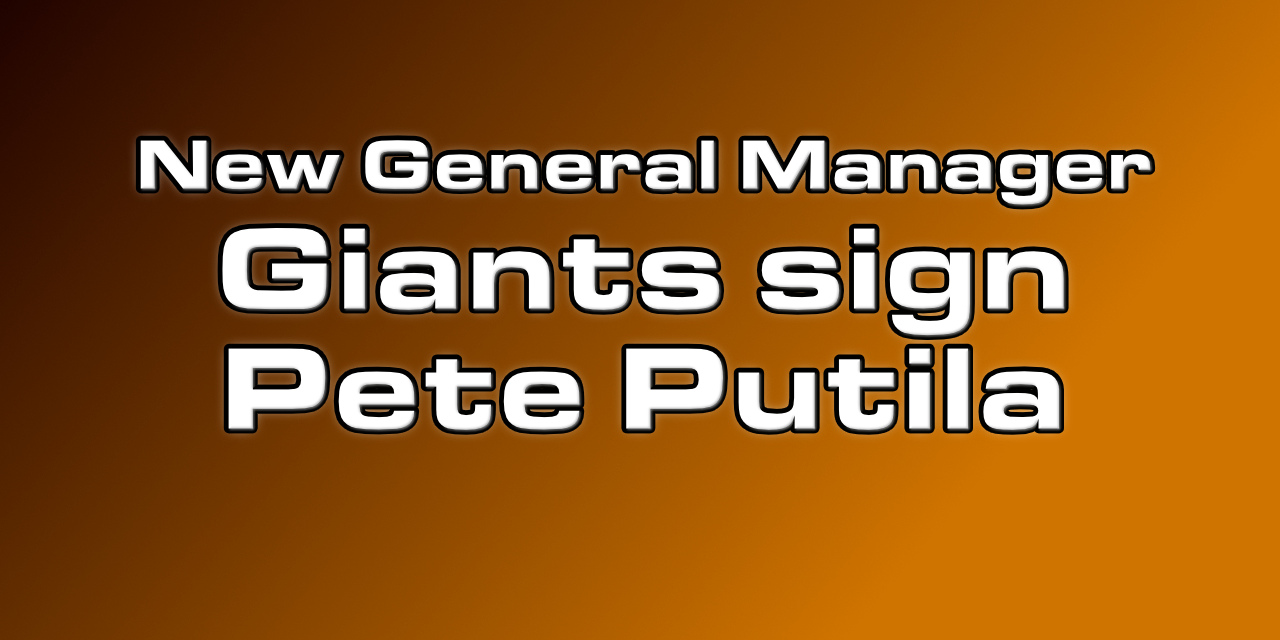
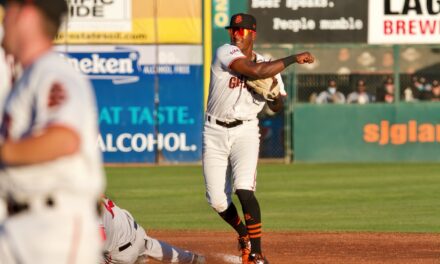
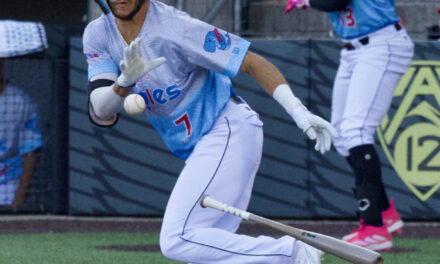
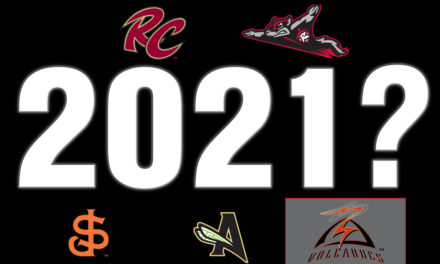
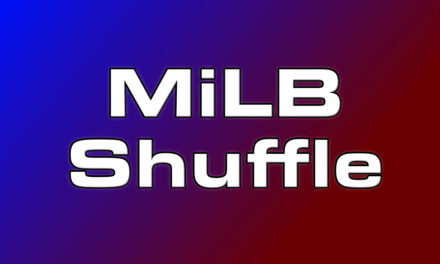

Recent Comments